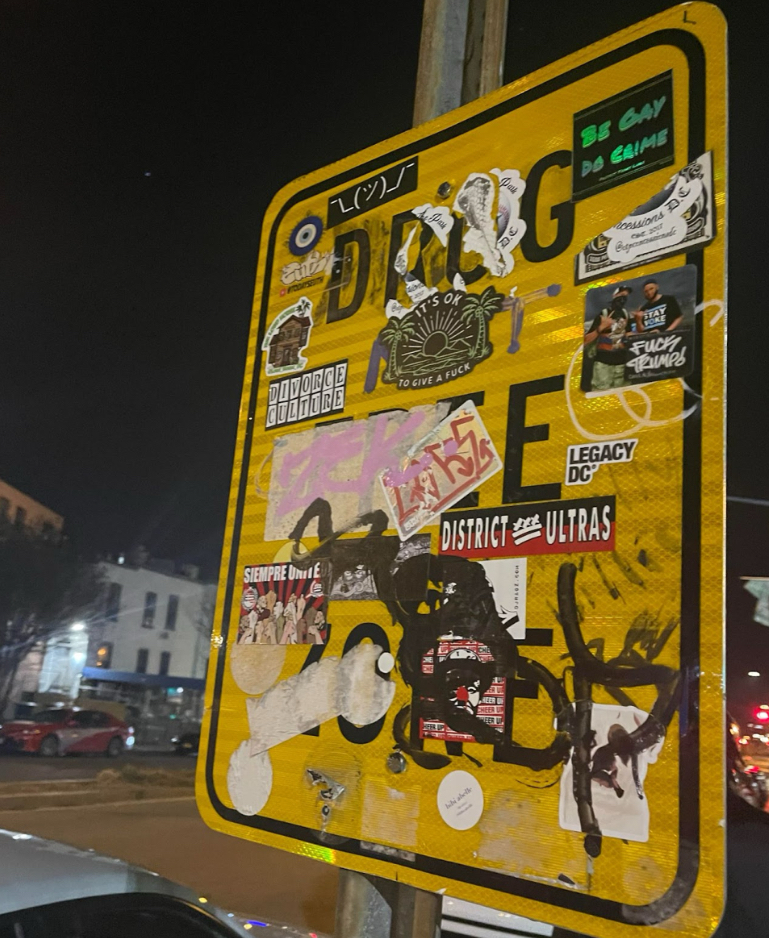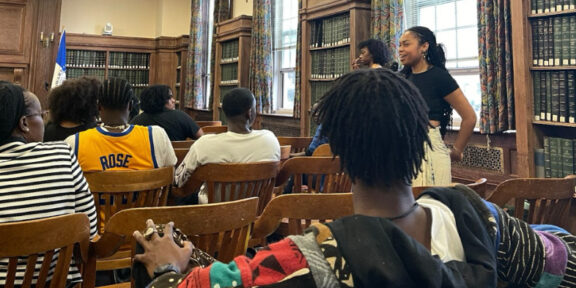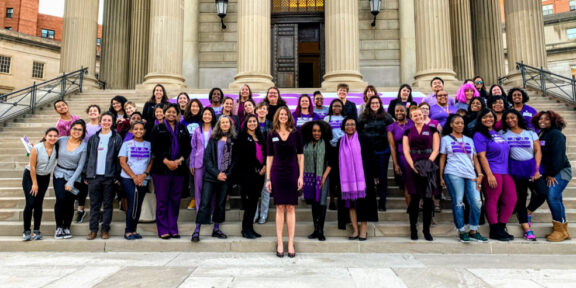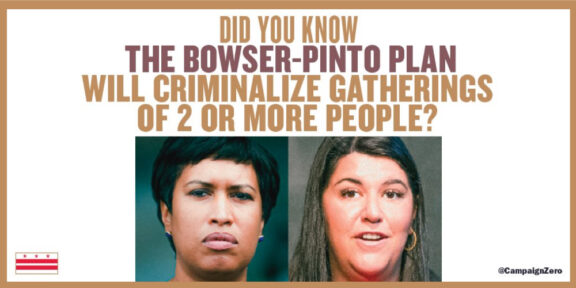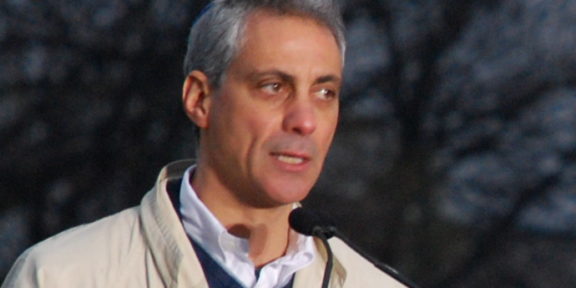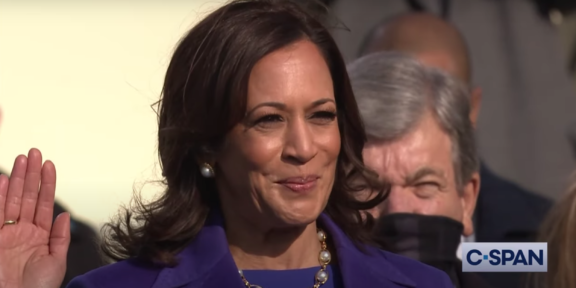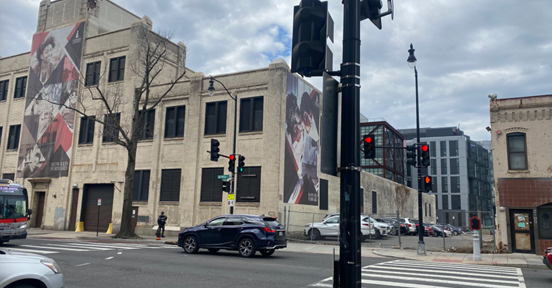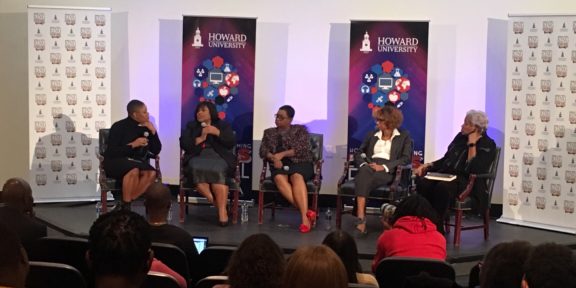By Autumn Coleman
Earlier in March, Mayor Muriel Bowser signed into law Councilmember Brooke Pinto’s Secure DC Crime Bill. The bill was signed on an emergency and permanent basis, allowing for most of the provisions to take effect immediately.
The bill, officially named the Secure DC Omnibus Amendment Act of 2024, went through multiple votes in the D.C. council before eventually being signed into law on March 11.
Initially facing backlash from other council members and concerned residents of Washington, D.C., the bill underwent amendments from its original draft.
“I’ve seen some changes recently,” said Lamaria Thompson, a 13-year-old resident of Washington, D.C. “They put those new gates up at the U St metro stop for fare evasion, and I’ve been noticing more police in the places I usually go.”
Graffiti covering a sign that notifies citizens of the area being a drug-free zone on Vermont Avenue. Temporary drug-free zones will now be instituted around DC for 48 hours at a time. (Autumn Coleman for HU News Service)
Councilmember Pinto’s legislation aims to directly combat the budding crime crisis that has been impacting the city. According to CNN, crime within the nation’s capitol saw a 39% increase from the previous year.
“Secure DC sends a clear message that the DC government stands united on this and understanding that the status quo is not acceptable when it comes to crime,” stated Councilmember Pinto. “There are dozens of interventions in Secure DC that are going to drive down those numbers and keep those numbers low.”
As a part of the implementation of the crime bill, the Metropolitan Police Department will be instituting and enforcing more drug-free zones in the city for 120-hour periods. MPD will be required to inform government, medical and neighborhood agencies at least 24 hours before the bill goes into effect.

Picture of MPD Police Chief Pamela Smith making an address. Chief Smith is required to inform local agencies at least 24 hours ahead of a temporary drug-free zone. (Photo courtesy of the Washington Post)
“The legislation is critical for the public safety of the District of Columbia,” said Metropolitan Police Department Chief Pamela Smith. “The legislation is a response to what we are hearing from the community and it takes important steps forward in adding legislative language to ensure our officers are able to fully perform their duties.”
Chief Smith has held the position since being confirmed in November 2023, after being appointed by Mayor Muriel Bowser in July of the same year.
Another previously contested part of the passed bill is the implementation of pretrial detention for violent crimes by juveniles and adults.
In the first two and half months of 2024, homicides are down 32%, carjackings are down 14%, assaults with a dangerous weapon are down 34% and overall violent crime is down 17%, according to NBC Washington.


